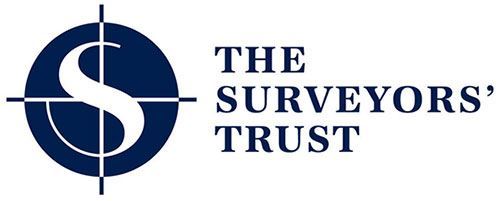Menu
Log in
Blog / Podcast
Subscribe to our regular newsletter |
Connect with us: | The Surveyors' Trust © 2022 Website built by HighlandCreative.com.au |
Powered by Wild Apricot Membership Software
Subscribe to our regular newsletter |
Connect with us: | The Surveyors' Trust © 2022 Website built by HighlandCreative.com.au |
